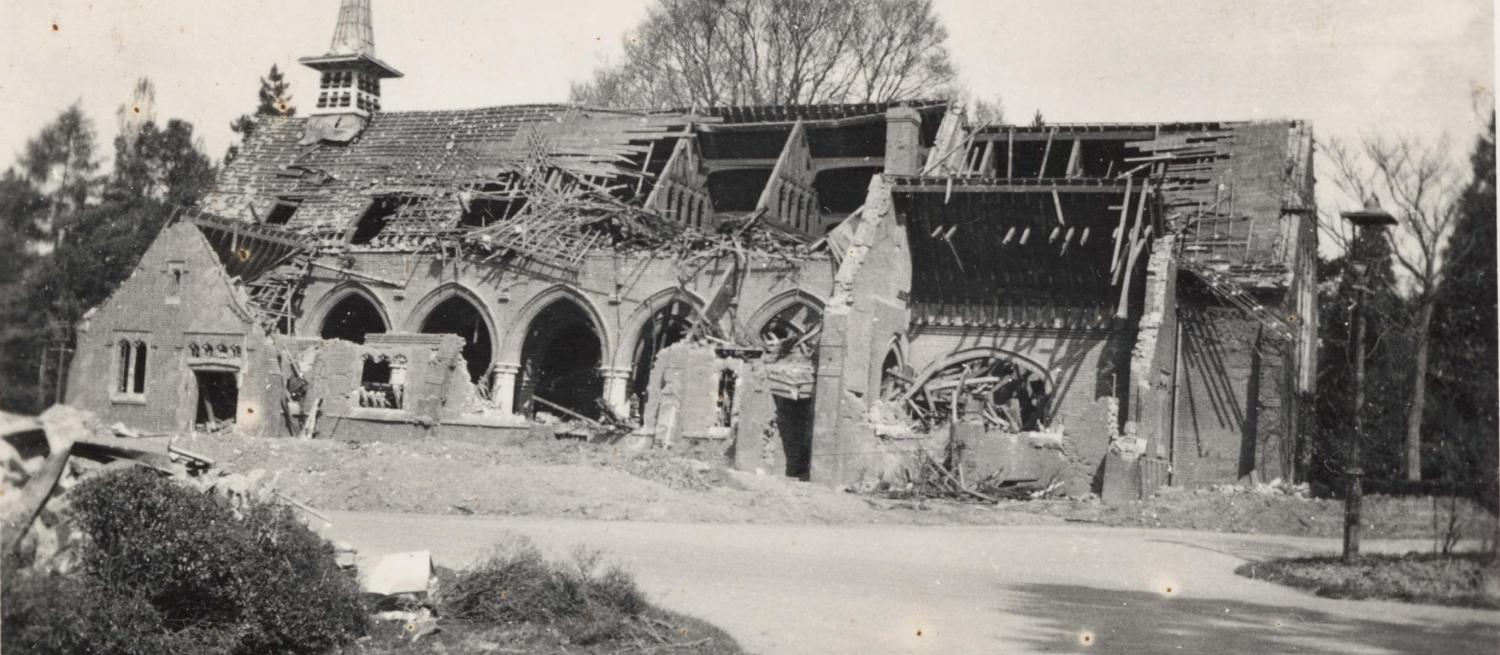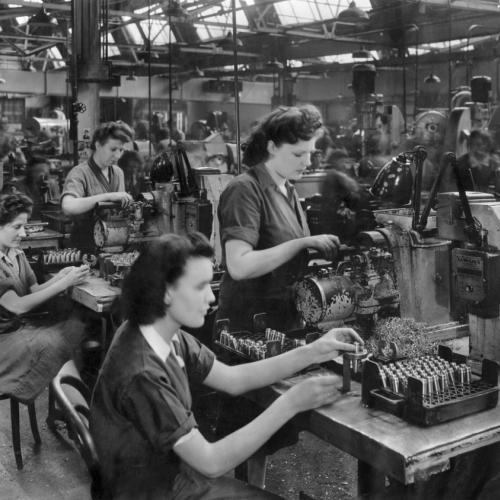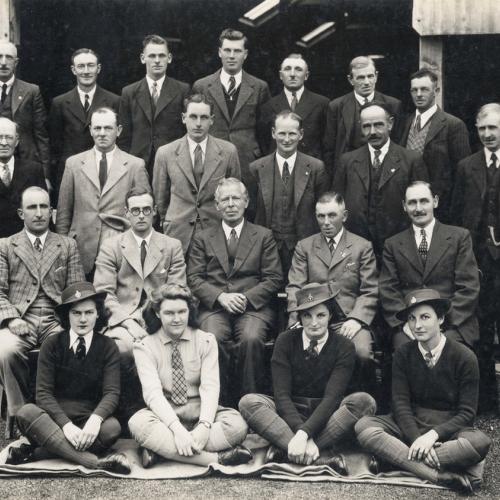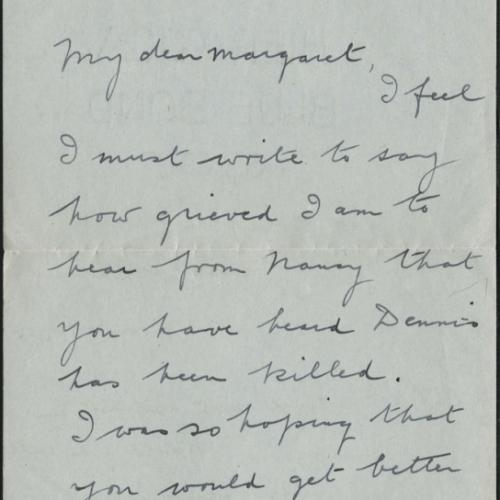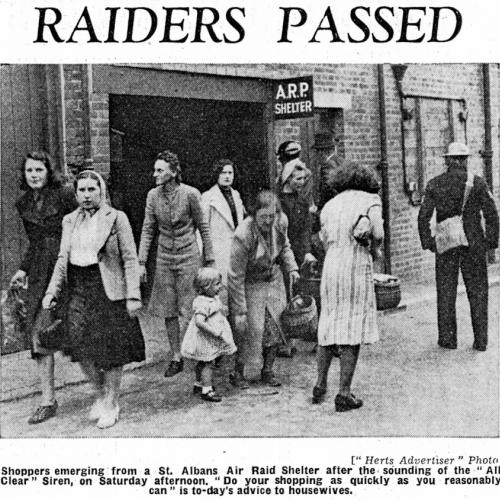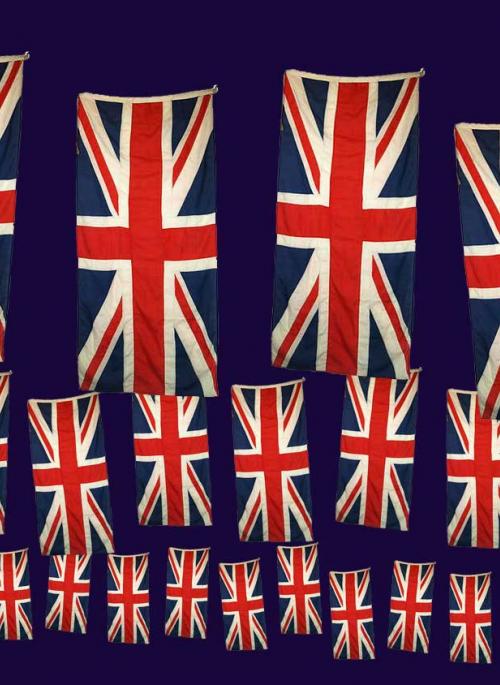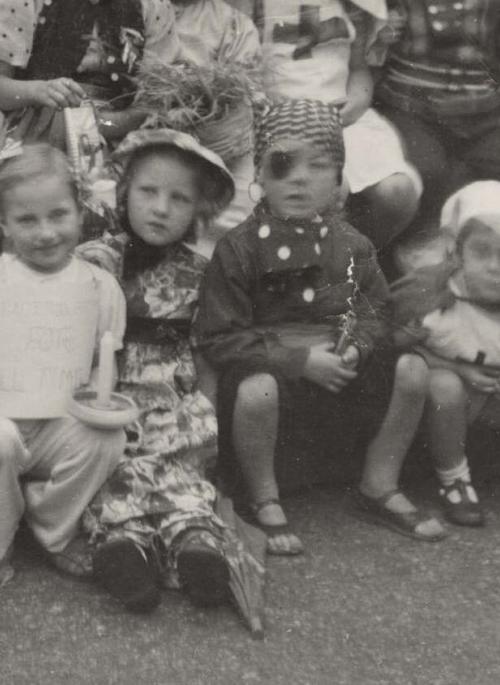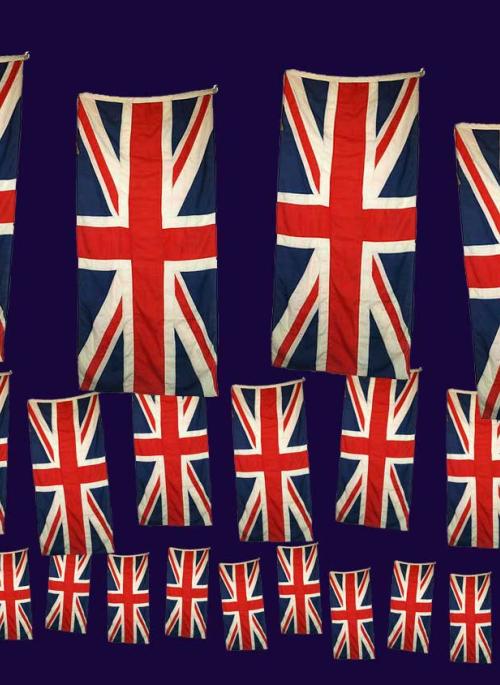Britain and France declared war on Germany on 3rd September 1939. Germany, under Adolf Hitler’s Nazi Party, had invaded Poland and refused to withdraw after being given an ultimatum by the British Government.
The Prime Minister, Neville Chamberlain, had spent many months negotiating to avoid war, while others thought it was inevitable. He told the people of Britain over the radio:
Neville Chamberlain…this country is as war with Germany. You can imagine what a bitter blow it is to me that all my long struggle to win peace has failed.
In the years that followed, St Albans residents had to cope with many different challenges.
Many younger men were conscripted into the armed forces, women were drafted into war work and often had to raise a family on their own. Everyone was urged to do their bit.
Children were evacuated from the cities and St Albans families accepted them into their households.
Rationing was introduced and restrictions on food, clothing, and petrol became tighter as war progressed. People found creative ways to cope with this more restricted way of life.
In St Albans, and most other places, church bells were not heard until the celebrations of Victory in Europe Day on the 8th May 1945.
